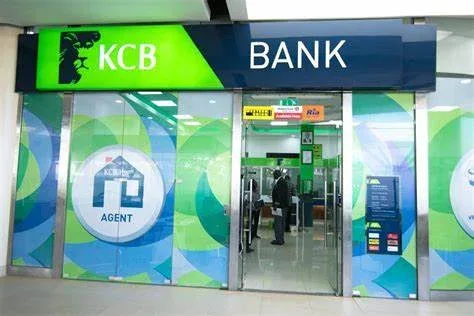KCB has partnered with the Kenya National Federation of Jua Kali Associations (KNFJKA) to accelerate the provision of affordable credit and capacity building to the members of the body.
The deal provides a pragmatic collaboration framework that will see KCB Bank and the KCB Foundation support interventions that will strengthen participation, coordination, collaboration, cooperation, and synergy within the Jua Kali sector.
Specifically, Jua Kali Association members drawn from Carpentry, Woodcrafts, Metalworks, Soapstone crafts, Leather production, Textile products, Clay/Poetry crafts, Beekeeping Mechanical Engineering, Food processing and Electrical sub-sectors get access to a wide range of financial and non-financial services offered by the bank to spur their growth.
Despite the Jua Kali sector’s prolific contribution to the economy, the sector is still plagued by systemic challenges that prevent the achievement of its full potential. These challenges include; Lack of adequate market for their wares, access to relevant social protection services like pension, insurance, lack of infrastructure, recognition of learnings and skills upgrading framework among others.
KCB Bank Director of Digital Financial Services, Ms. Angela Mwirigi, had this to say, “The engagement we are unveiling today is a response to the urgent need for players within the Jua Kali sub-sector to tap into more formal entrepreneurial opportunities currently available with a goal to progress towards decent work for all. KCB Bank Kenya and KCB Foundation will work closely to ensure that your members are well positioned within the skills development eco-system both locally and regionally. There exists overwhelming evidence that the Jua Kali sector can become more competitive by increasing their involvement in formal support initiatives. We, therefore, have an opportunity to link them up to an inclusive financial system that recognizes their skills and appreciates their contribution to the economy. As a bank with the largest network coverage in the region, we are well-positioned to support this agenda.”
According to the Economic Survey 2022, 80 percent of the slightly more than 900,000 jobs created in 2021 were in the informal sector dominated by small and medium enterprises (SMEs). This means that for informal enterprises to flourish, they need to be given effective business support across key areas of engagement.

